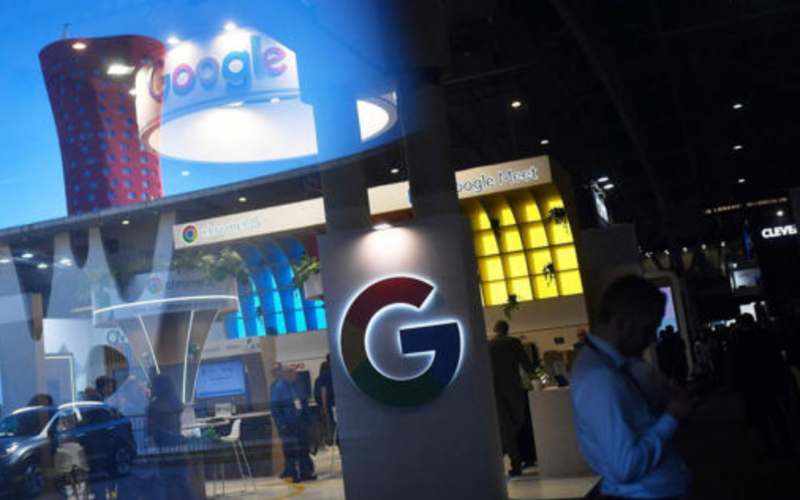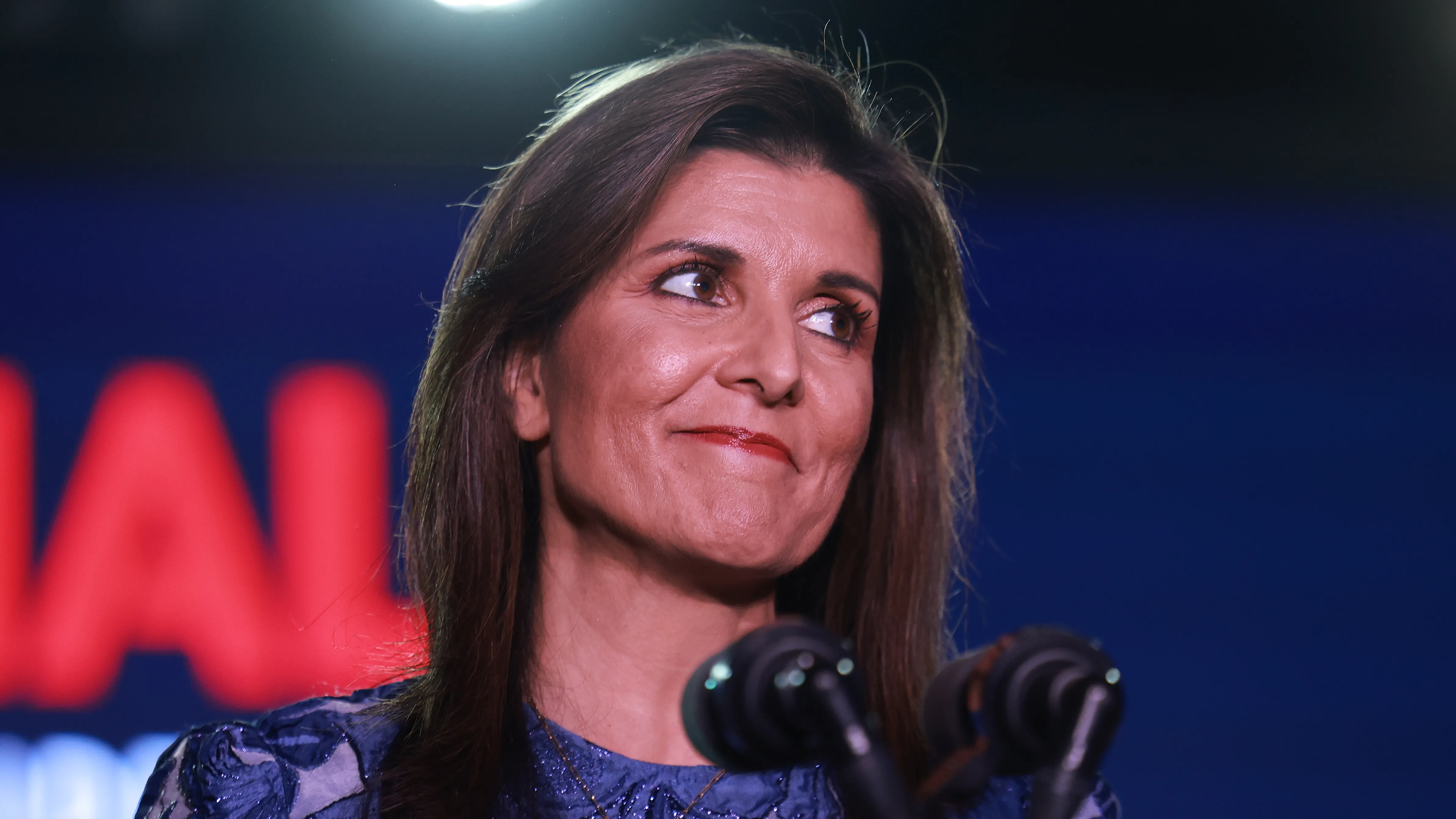In a significant legal development that underscores the growing tensions between tech giants and traditional media outlets, European media groups have initiated a landmark lawsuit against Google, seeking damages totaling $2.3 billion. The lawsuit alleges that Google’s dominant position in the digital advertising market has unfairly disadvantaged European media organizations, resulting in substantial losses in advertising revenue.
The legal action, which represents a collective effort by multiple media consortiums across Europe, signals a concerted pushback against the perceived monopolistic practices of tech behemoths like Google. At the heart of the lawsuit is the contention that Google’s dominance in online advertising has stifled competition and undermined the economic viability of traditional media outlets, depriving them of vital revenue streams necessary for their survival.
The plaintiffs argue that Google’s sprawling digital ecosystem, encompassing search, display, and video advertising platforms, exerts undue influence over the online advertising market, effectively monopolizing access to advertisers and audiences alike. This alleged monopolistic control, they claim, has allowed Google to dictate terms and prices, squeezing out smaller competitors and depriving media organizations of fair compensation for their content.
Furthermore, the lawsuit contends that Google’s practices have exacerbated the decline of traditional media business models, which have long relied on advertising revenue to sustain journalism and content creation. By siphoning ad dollars away from publishers and exerting dominance over the digital advertising ecosystem, Google has contributed to the erosion of media diversity and quality, posing a threat to democratic discourse and informed public debate.
The $2.3 billion lawsuit represents an attempt by European media groups to hold Google accountable for what they perceive as anti-competitive behavior and to seek restitution for the financial losses incurred as a result. The outcome of the legal battle could have far-reaching implications for the future of digital advertising and the balance of power between tech platforms and traditional media outlets.
Google, for its part, has vehemently denied the allegations, asserting that its digital advertising practices are fully compliant with antitrust laws and conducive to fostering a vibrant and competitive online ecosystem. The tech giant contends that its platforms provide valuable tools and opportunities for publishers to monetize their content and reach audiences at scale, thereby driving innovation and economic growth.
The lawsuit against Google comes amid mounting scrutiny of Big Tech’s influence and market dominance, with regulators and lawmakers around the world increasingly scrutinizing the practices of tech giants in a bid to safeguard competition and protect consumer interests. The outcome of the legal battle could set a precedent for future regulatory action and shape the trajectory of digital advertising in Europe and beyond.
As the lawsuit unfolds, stakeholders across the digital ecosystem will be closely monitoring developments, cognizant of the potential implications for their respective interests. From media organizations fighting to preserve their financial viability to advertisers seeking transparency and choice in the online advertising marketplace, the outcome of the legal battle could reshape the dynamics of the digital economy for years to come.








